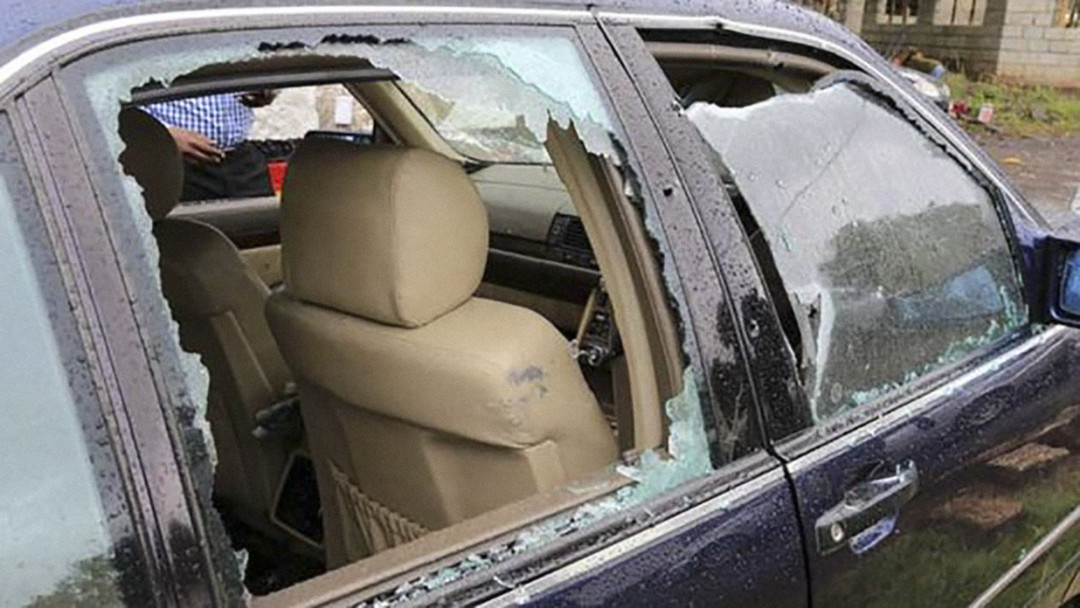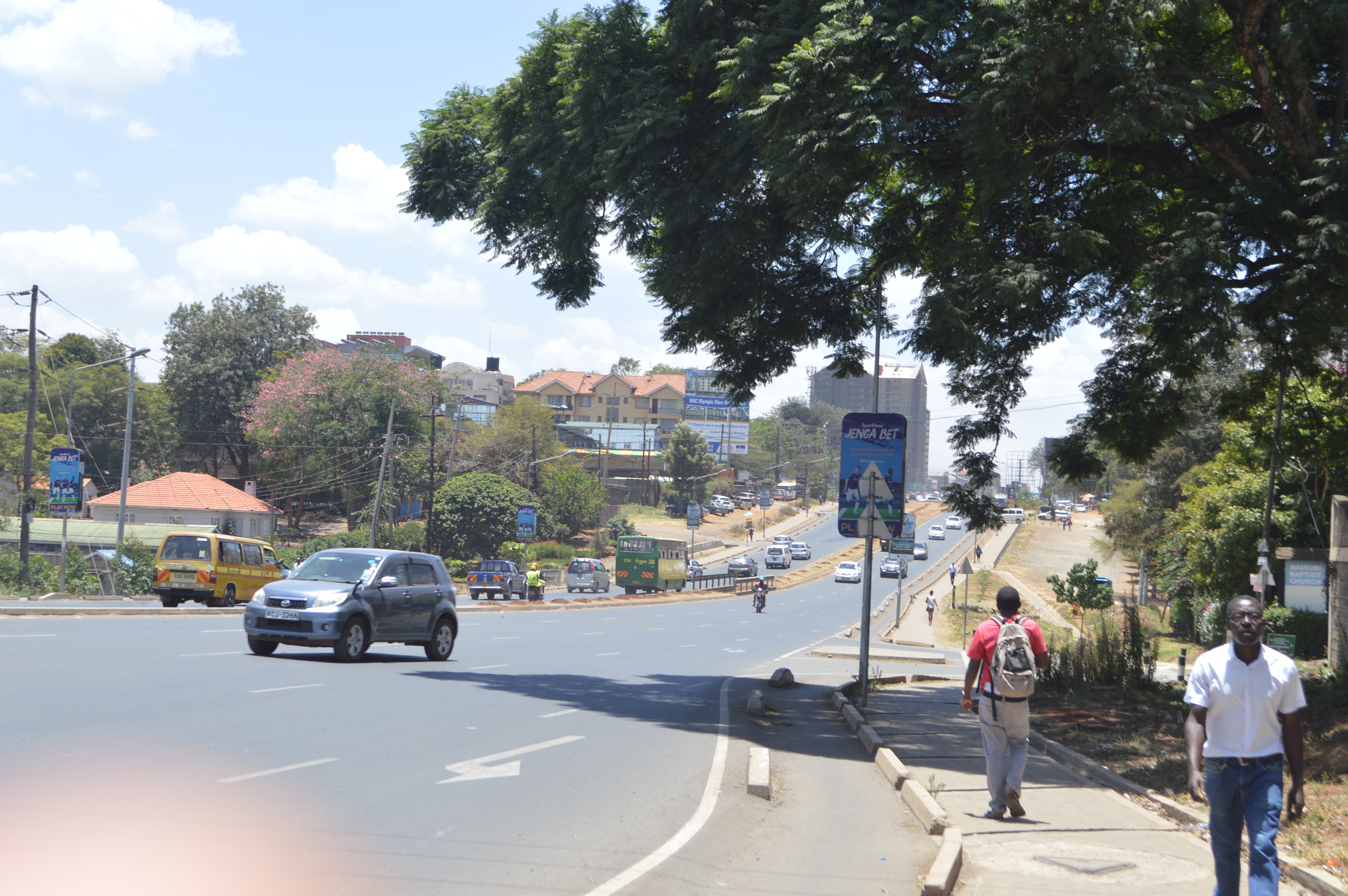5 May 2016
Nairobi, Kenya
Jacob Juma
Profession
Private Sector
Motive
Political dissent
Whistleblowing


Adolfo Olivas


Ahmed Divela


Amit Jethwa


Artan Cuku


Babita Deokaran


Bayo Ohu


Berta Cáceres


Bhupendra Veera


Bill Kayong


Boris Nemtsov


Boško Buha


Chai Boonthonglek


Charl Kinnear


Chut Wutty


Chynybek Aliev


Cihan Hayirsevener


Daphne Caruana Galizia


Darío Fernández


Derk Wiersum


Deyda Hydara


Édgar Quintero


Edmore Ndou


Edwin Dagua


Federico Del Prete


Fernando Villavicencio


Gezahegn Gebremeskel


Gilles Cistac


Habibur Mondal


Igor Alexandrov


Jacob Juma


Ján Kuciak


Javier Valdez


Joannah Stutchbury


José Ángel Flores


Jules Koum Koum


Kem Ley


Luis Marroquín


Mahamudo Amurane


Marcelo Rivera


María Elena Ferral Hernández


Marielle Franco


Milan Pantić


Milan Vukelić


Muhammad Khan


Nelson García


Nihal Perera


Oliver Ivanović


Orel Sambrano


Perween Rahman


Peter R. de Vries


Rajendra Singh


Salim Kancil


Sandeep Sharma


Sikhosiphi Radebe


Slaviša Krunić


Soe Moe Tun


Victor Mabunda


Virgil Săhleanu


Wayne Lotter


Yuniol Ramírez


Zezico Guajajara
5 May 2016
Nairobi, Kenya
Profession
Private Sector
Motive
Political dissent
Whistleblowing
At 9.30 p.m. on 6 May 2016, the body of Kenyan businessman Jacob Juma was found lying in a pool of blood on Ngong Road in Nairobi.
Juma, who was born in 1971 in Mungore, a village in Kenya’s Bungoma County, had been a tireless crusader against corruption and a close ally of many politicians in the opposition. He was not afraid of condemning corruption; in fact, he openly talked about the widespread issue on social-media platforms.
Corruption in Kenya runs through many hands, allegedly involving, among others, politicians, civil servants and businesspeople. Some members of the country’s business community have been known to support dishonest politicians in order to protect their own business interests, and politicians frequently aim to reap big rewards from businesspeople during election campaigns.
Juma had refused to be part of this bent system. As a self-made billionaire in Kenya’s business fraternity, he had rubbed shoulders with the high and mighty in government. But, unlike many of his cadre, who would deliberately ignore political misconduct to maintain good relations, Juma refused to tolerate such criminality. He therefore quickly became an enemy of the corrupt.
In the wake of Juma’s murder, opposition politicians pointed fingers at Deputy President William Ruto, accusing him of being responsible for all the woes faced by the late Juma. Ruto was among some of the country’s most powerful politicians who had repeatedly been named in corruption scandals in Kenya; Juma had kept addressing the problem, which made him an immediate target. On one occasion, Juma had posted a Facebook update in which he accused Ruto of trying to have him killed. Significantly, Juma’s death came at a time of great political tension ahead of the elections the following year. As Jacob’s brother, Philip, revealed: ‘During the time of his death, political temperatures we very high in this country. We feared for our lives too and decided to keep silent; we went underground. We left everything for the government.’
Opposition leader Raila Odinga had recently taken the lead in highlighting the issue of government corruption. And when news about Juma’s death spread, Odinga joined those who deeply condemned the murder by talking about it openly at his political rallies. Many Kenyans have also taken to social media to condemn the killing, calling it a political assassination. In a tweet on 1 August 2018, political activist and human-rights crusader Boniface Mwangi lamented: ‘Killer cops are a danger to everyone. They are the same ones politicians and business people hire to murder their rivals. Jacob Juma, Chris Musando, George Muchai just to name three high profile murders done by contract killer cops.’
As Mwangi indicated, the assassination of political activists who have publicly decried corruption is not a new thing in Kenya. Organized-criminal groups have been used in many cases to eliminate dissenters, often with no one being held accountable. According to George Musamali, a security expert in Kenya, several assassinations have been reported in Kenya’s history, dating back at least as far as 1969: ‘Tom Mboya, Robert Ouko and Dr [Odhiambo] Mbai, are among those we have witnessed. All of them, their deaths were politically related. These people were politically famous and the only way to silence them was by killing them.’
Both Mwangi and Musamali singled out the death of Chris Musando, head of information technology at the Independent Electoral and Boundaries Commission, who was murdered a few days before the country’s general election in August 2017. ‘He wanted Kenya to have a clean election and he was targeted for his stand,’ said Musamali. ‘Sadly, Kenyans went silent after his death, yet he was fighting for them.’ Such incidents are used to actively intimidate opposition, tamper with democracy and generate a climate of fear among citizens.
It is believed that Juma’s murder was a similarly well-planned event, involving some of the powerful individuals he associated with. For one, the assailants seemed to act under clear instructions; they trailed Juma, appeared to be aware of his movements, and avoided areas with CCTV surveillance. The exact ambush spot for Juma’s car is unclear, but the assassins shot him on Ngong Road, where there are no security cameras.
It is not clear whether Juma was assassinated because of his business dealings or his political stand. However, what is clear is that he had felt his life was at risk as early as a year before his death. And he had spoken about his impending demise on several occasions, something that troubled his family and followers. According to Philip, the family had known that Juma’s life was most likely at risk: ‘Before he died, he talked about his life being in danger on social media, and also confided to us as a family. We helped him to go and record statements about it. The law enforcers did not take any action after the report. We remained worried about his life until the unexpected happened – he was shot by unknown people in cold blood.’
Similarly, although the government promised to investigate his death and punish those responsible, nothing has yet been said about the progress of the investigations. Philip spoke of the agony the family has been in since his brother died. In a shaky and heavy voice, he said: ‘We have not heard anything concerning the investigations that the government promised to give us. It has all been silence, all through. There is nothing going on, no communication even from government about our brother’s death. They promised to investigate and bring to book the killers.’ He continued: ‘As a family we have been praying, and still do so, that we will get justice concerning the death of our brother. Our brother spoke about corruption and condemned those behind it and later he lost his precious life.’

The car in which Jacob Juma was shot

Ngong Road, Nairobi, the scene of the murder
According Musamali, it cannot be ascertained with any certainty whether Juma’s death was an assassination, because no investigation has been done. However, he admitted that it is the most likely possibility: ‘He might have been killed by a criminal gang or any other organized group that could have targeted him because of his business deals and political associations. But, largely, we can say it was an assassination.’
Musamali added that investigations on such cases are always complex because whoever does this kind of killing makes sure there is no evidence left behind. Indeed, Ndegwa Muhoro, the director of the Criminal Investigation Department (CID) at the time of Juma’s death, confirmed that Juma’s killers had tampered with the scene of the crime after shooting him several times.
But a second problem facing such investigations is the lack of police autonomy. ‘In Africa we do not have independent police units,’ Musamali said. ‘This makes it difficult to follow up on these cases because of political inclination. There is usually no political will and lack of concern by police when they realize the nature of the death.’
According to a 2016/17 human-rights report by Amnesty International, security forces in Kenya carried out enforced disappearances, extrajudicial executions and torture with impunity during this period, resulting in the deaths of at least 122 people by October 2016, all of them members of the political opposition, civil-society activists or journalists. And while Kenya’s Ethics and Anti-corruption Commission states that at least 30 per cent of GDP – equivalent to about US$6 billion – is being lost annually to corruption, the death of Juma and others highlights the human cost of government misdealings.


16 January 2019
Accra, Ghana
Ahmed Divela


23 August 2021
Johannesburg, South Africa
Babita Deokaran


20 September 2009
Akowonjo, Lagos State, Nigeria
Bayo Ohu


18 September 2020
Cape Town, South Africa
Charl Kinnear


16 December 2004
Kanifing, Gambia
Deyda Hydara


22 April 2017
Beitbridge District, Zimbabwe
Edmore Ndou


21 April 2018
Johannesburg, South Africa
Gezahegn Gebremeskel


3 March 2015
Maputo, Mozambique
Gilles Cistac


15 July 2021
Kiambu, Kenya
Joannah Stutchbury


4 November 2011
Yaoundé, Cameroon
Jules Koum Koum


4 October 2017
Nampula, Mozambique
Mahamudo Amurane


22 March 2016
Mbizana, Eastern Cape, South Africa
Sikhosiphi Radebe


10 January 2018
South Africa
Victor Mabunda


16 August 2017
Dar es Salaam, Tanzania
Wayne Lotter